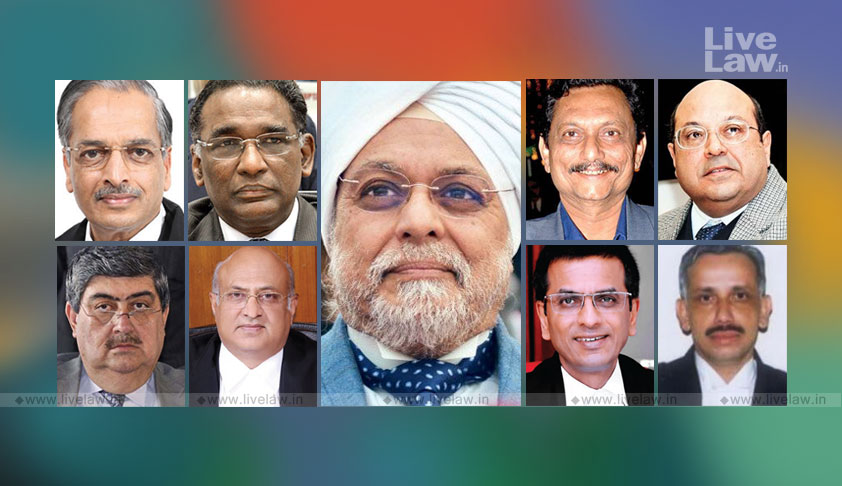
The unanimous Right to Privacy judgment of the nine judges’ bench of the Supreme Court delivered on 24<sup>th</sup> August, 2017 has been widely heralded as the dawn of a new era in the constitutional jurisprudence of India. It has now been dissected in the several articles published in the newspapers and news web portals in great detail. The judgment is very significant because a very important negative fundamental right primarily stemming from the fundamental right to life and personal liberty provided for in Article 21 of the Constitution has been conclusively upheld after 67 years of the commencement of the Constitution of India. Negative fundamental rights are those rights which put limitations upon the State’s power by circumscribing the limits on the exercise of governmental power. It is traditionally understood that civil and political rights or first generation rights in the form of fundamental rights under the Indian Constitution are negative rights. In the context of constitutionalism therefore negative fundamental rights provide an important edifice by ensuring against the absolutist powers of the State, which is what the principle of constitutionalism strives for. It is absolutely true that the Supreme Court has not for the first time read a right as implicit in the normative grounding of the fundamental rights emanating from the text of fundamental rights in the Constitution of India. But rarely has there been a negative fundamental right read into the available fundamental rights by the Supreme Court which has such a far reaching consequence, especially if one goes by the scope of the right to privacy as identified in the judgment delivered by Justice D. Y. Chandrachud for himself and three other judges including the then Chief Justice, Justice J. S. Khehar.



